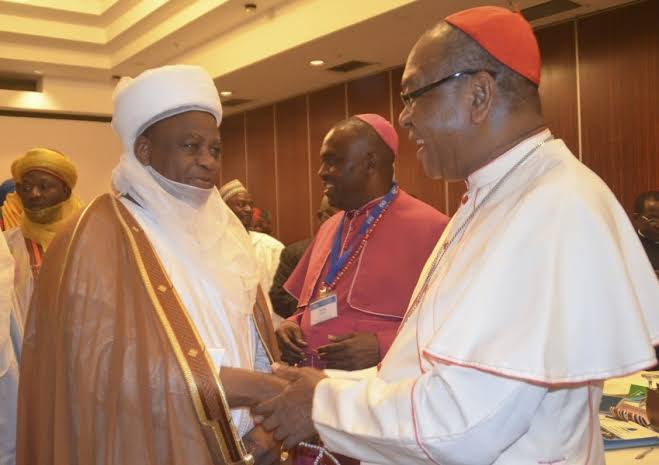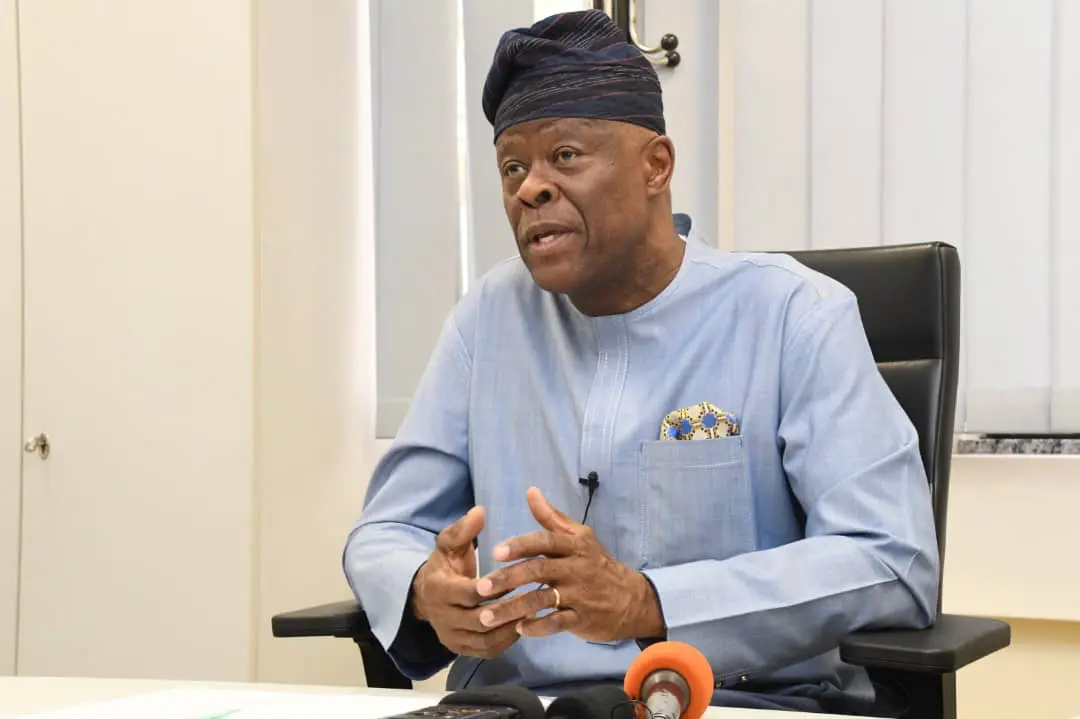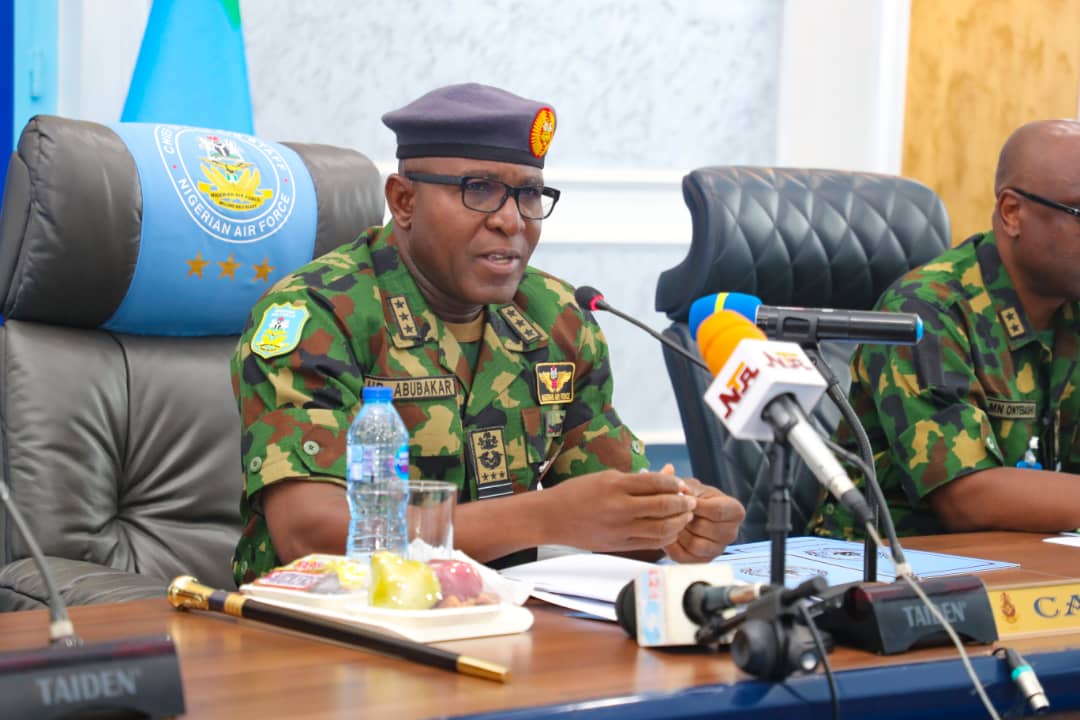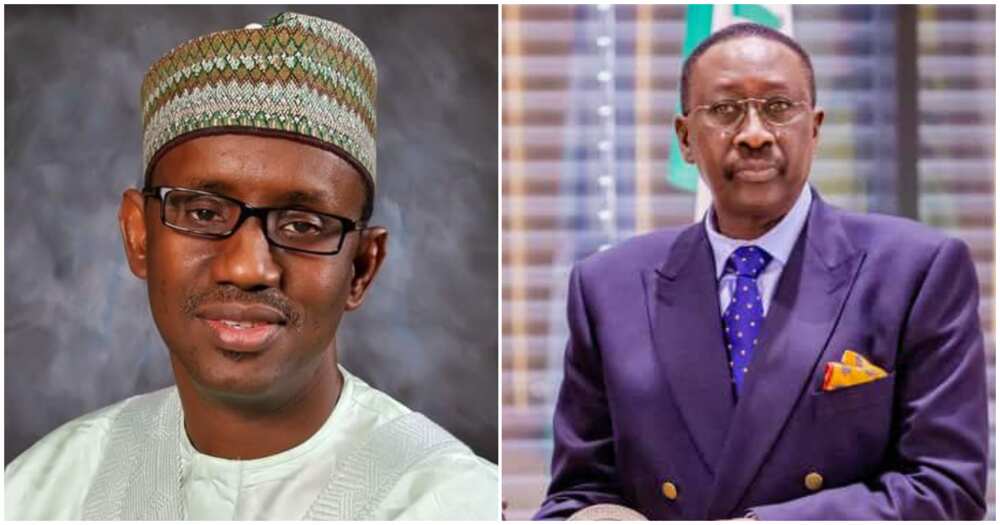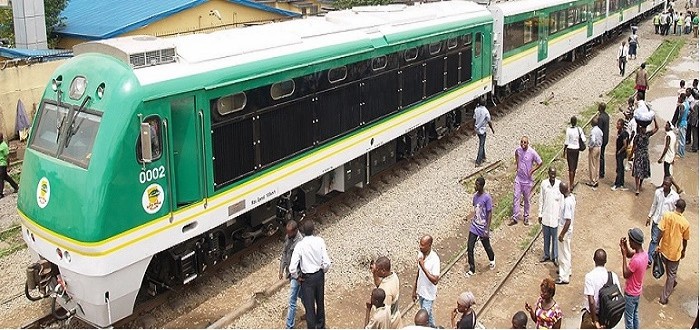By Otu Eunice Ukamaka
Religious extremism poses a significant challenge to societies worldwide, and Nigeria is no exception. In recent years, the country has grappled with the rise of radicalization, particularly within certain religious groups. This article aims to shed light on the factors contributing to religious extremism in Nigeria and discuss potential strategies for addressing the challenges of radicalization.
Causes of Religious Extremism in Nigeria:
Socioeconomic Factors: High levels of poverty and unemployment create an environment where individuals may be susceptible to radical ideologies as a means of addressing their grievances. Economic disparities contribute to feelings of marginalization, fostering resentment and susceptibility to extremist narratives.
Ethnic and Religious Tensions: Nigeria’s diverse ethnic and religious landscape has, at times, led to tensions and conflicts, providing fertile ground for extremist ideologies to take root. Political manipulation of these divisions can exacerbate existing grievances and fuel radicalization.
Weak Governance and Corruption: A lack of effective governance and widespread corruption undermines trust in institutions, making it easier for extremist groups to gain influence. Ineffective law enforcement and judicial systems contribute to an environment where extremists can operate with relative impunity.
Strategies for Addressing Radicalization:
Comprehensive Education: Implement educational programs that promote critical thinking, tolerance, and religious understanding to counteract extremist narratives. Foster an inclusive curriculum that encourages diversity and dispels stereotypes, promoting unity among different religious and ethnic groups.
Economic Empowerment: Develop initiatives to alleviate poverty and create job opportunities, addressing the socioeconomic factors that contribute to radicalization. Encourage entrepreneurship and skill development to empower individuals and communities economically.
Interfaith Dialogue: Promote dialogue and understanding among different religious communities to bridge gaps and reduce tensions. Encourage religious leaders to actively participate in interfaith initiatives to foster tolerance and promote peaceful coexistence.
Strengthening Governance: Address issues of corruption and improve governance to rebuild trust in institutions. Strengthen law enforcement capabilities to effectively counter extremist activities and ensure justice for those involved in radicalization.
International Cooperation: Collaborate with the international community to share best practices and coordinate efforts to counter the transnational nature of extremist threats. Receive support for capacity-building in areas such as intelligence, law enforcement, and counter-terrorism strategies.
Addressing religious extremism in Nigeria requires a multifaceted approach that tackles the root causes while promoting education, economic empowerment, and interfaith dialogue. Strengthening governance and fostering international cooperation are crucial components of a comprehensive strategy to mitigate the challenges of radicalization and build a more resilient and harmonious society.

